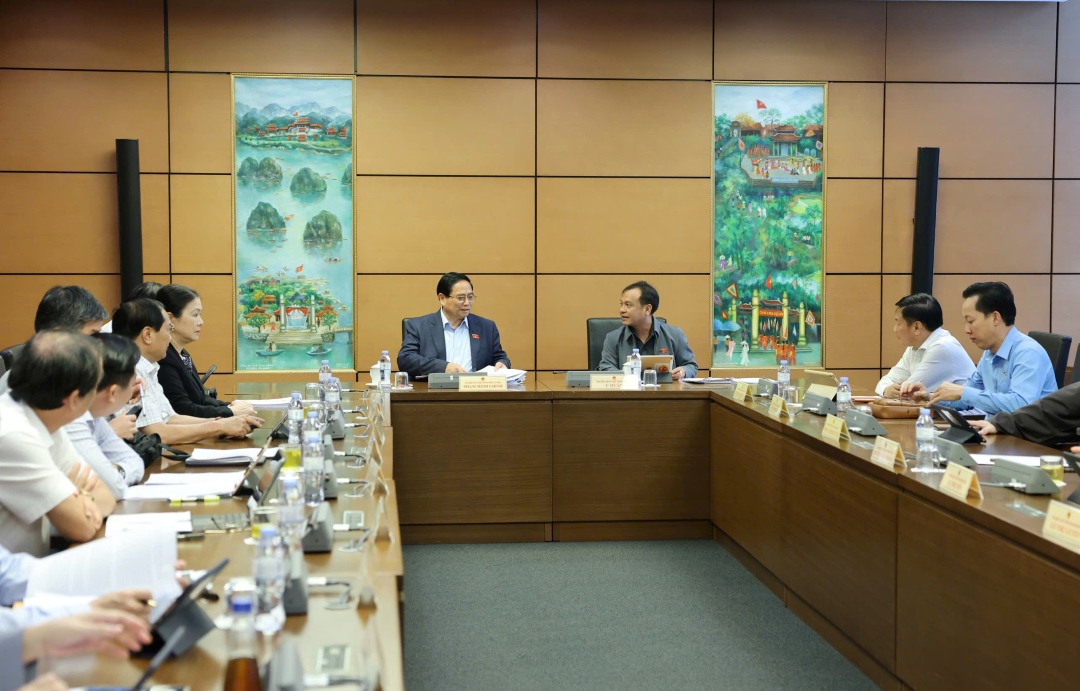HCMC – The Government has proposed revisions to the law governing state-owned enterprises (SOEs) to reduce administrative intervention and provide them with greater autonomy.
Deputy Prime Minister Le Thanh Long presented the draft amendments to the National Assembly on November 23, highlighting that existing regulations hinder SOEs’ decision-making and operational flexibility.
The current law is considered overly detailed, restricting SOEs from effectively managing their capital and assets, Long said. The proposed changes focus on “state investment in enterprises” rather than prescribing detailed rules on asset management. Under the amendments, SOEs would have increased authority to raise capital, manage debt, and handle fixed assets independently.
Lawmakers voiced their support for reforms, arguing that tight regulations have made it hard for SOEs to act decisively. Deputy Hoang Van Cuong from Hanoi noted that even profitable state-run entities, like Vietcombank, require National Assembly approval to increase charter capital, calling the process “illogical.”
Pham Duc An, chairman of Agribank, emphasized that the current legal framework limits its competitiveness. “SOEs need a regulatory system as flexible as that of private companies,” he said.
Prime Minister Pham Minh Chinh also backed the reforms, stressing the need for SOEs to operate based on market principles. “Administrative intervention distorts the market and hampers development,” Chinh said.
He proposed empowering SOE boards to set business strategies, provided they safeguard state capital and ensure transparency. Investments should not require additional administrative approvals, he added.
The prime minister further suggested performance evaluations focus on overall outcomes. “If the enterprise achieves positive results overall, individual losses in certain areas should not overshadow its achievements,” he said.









